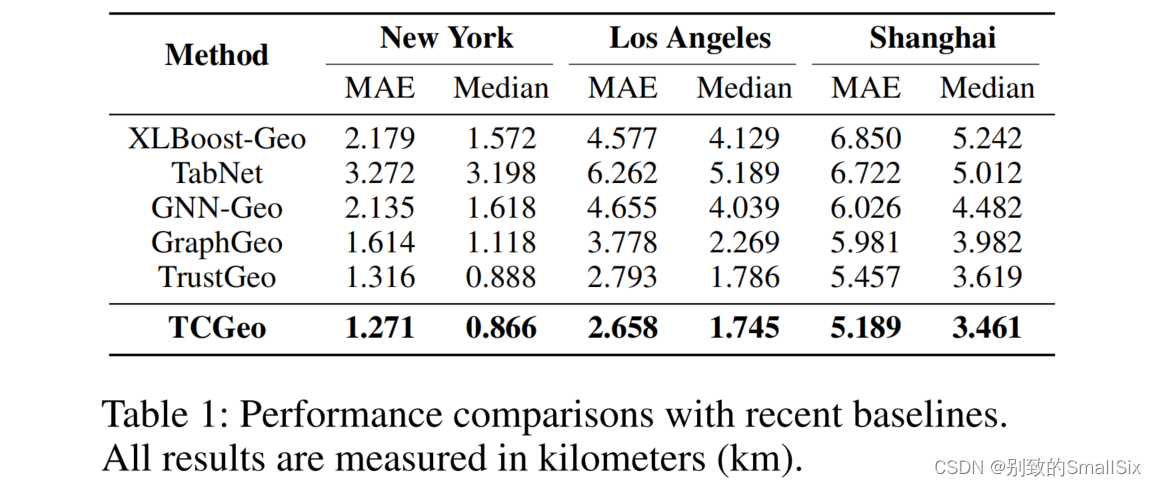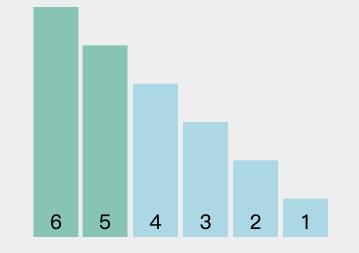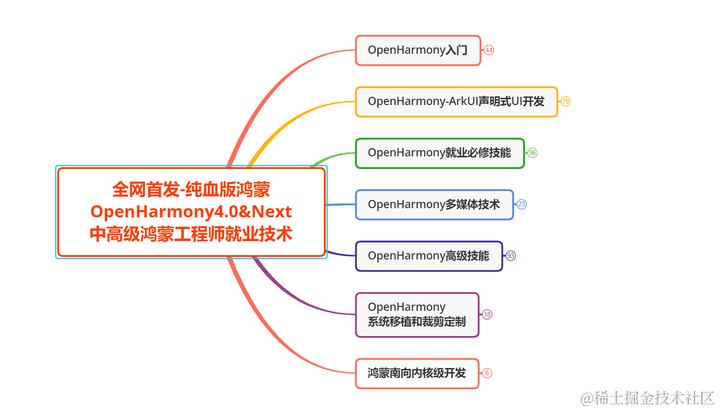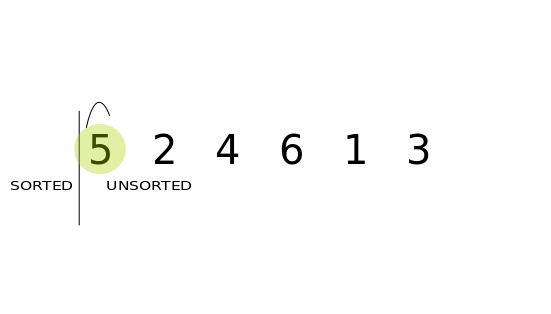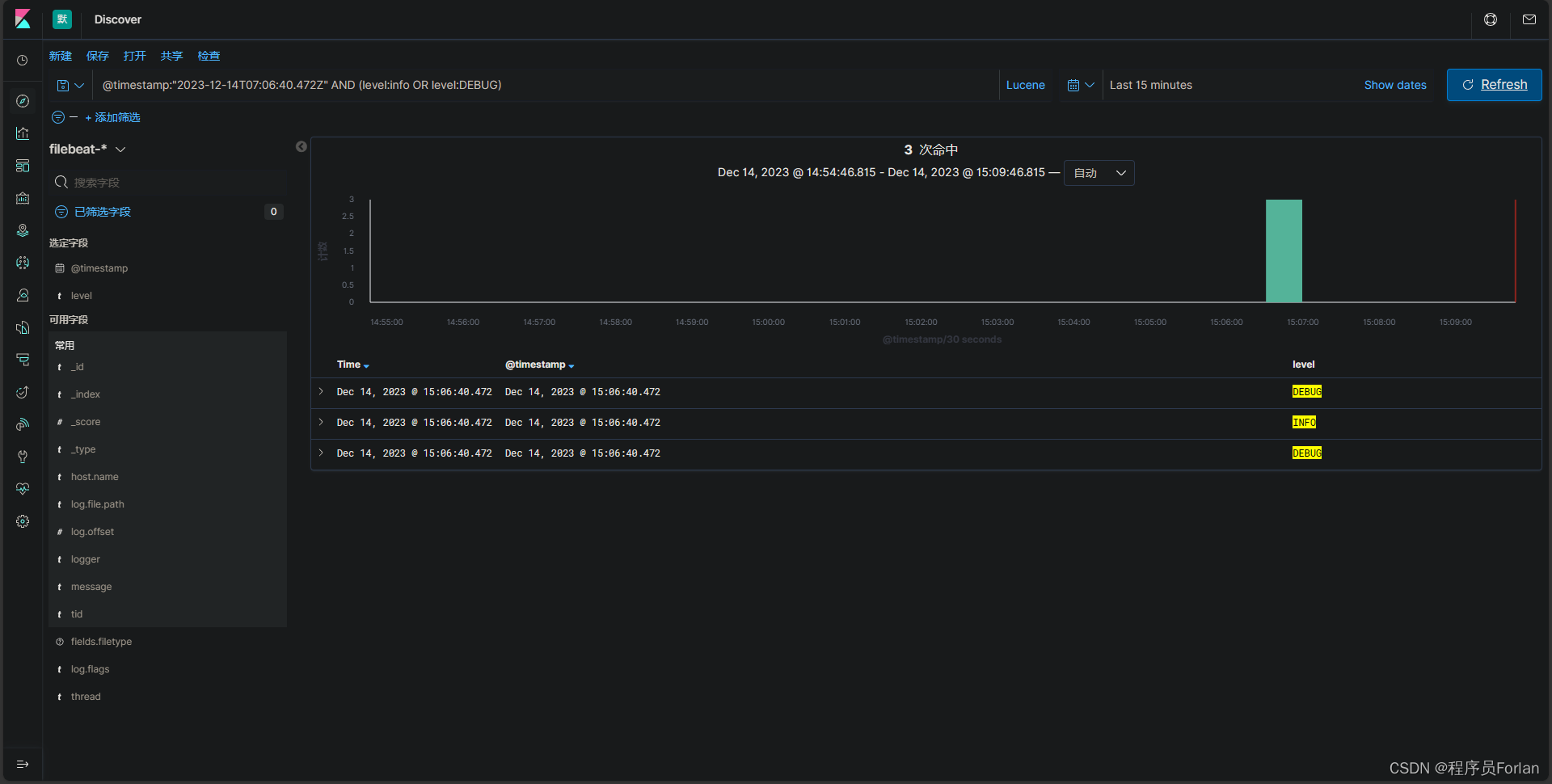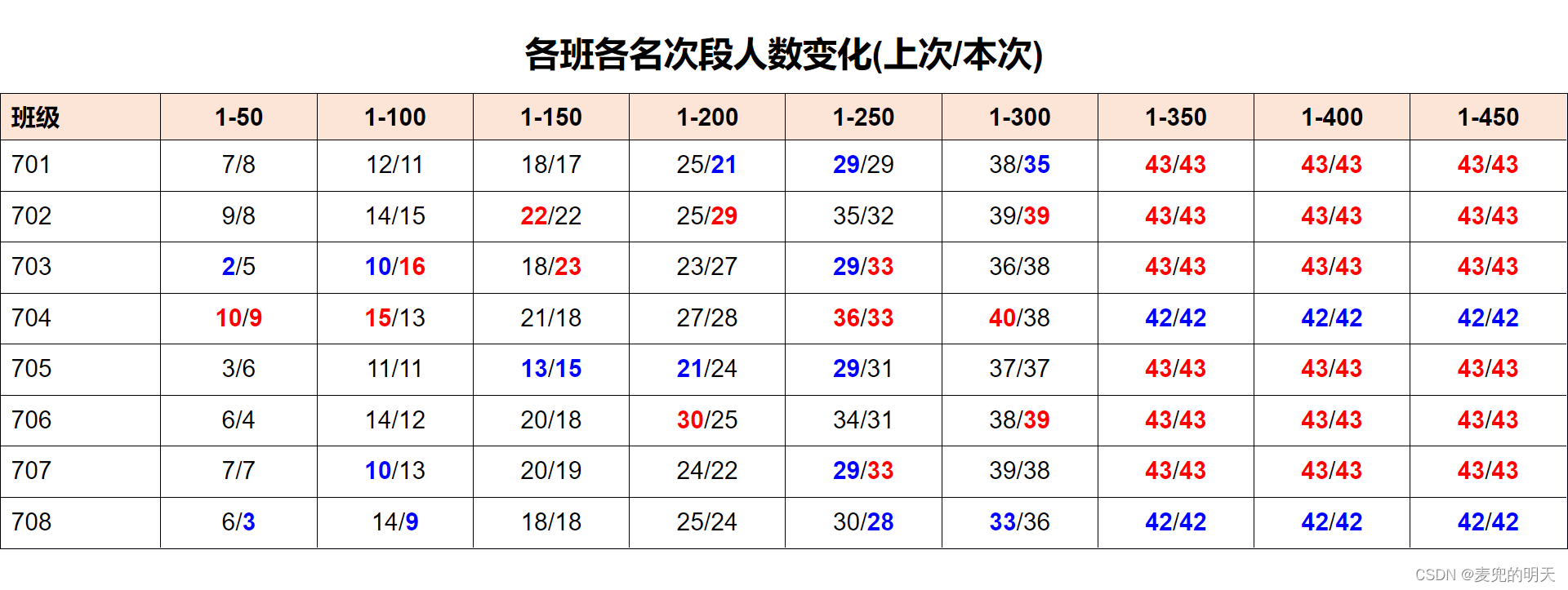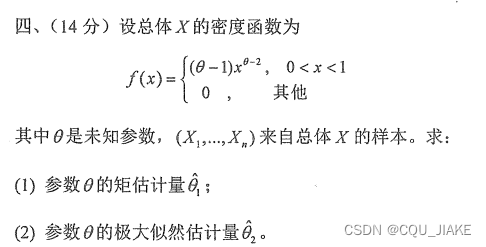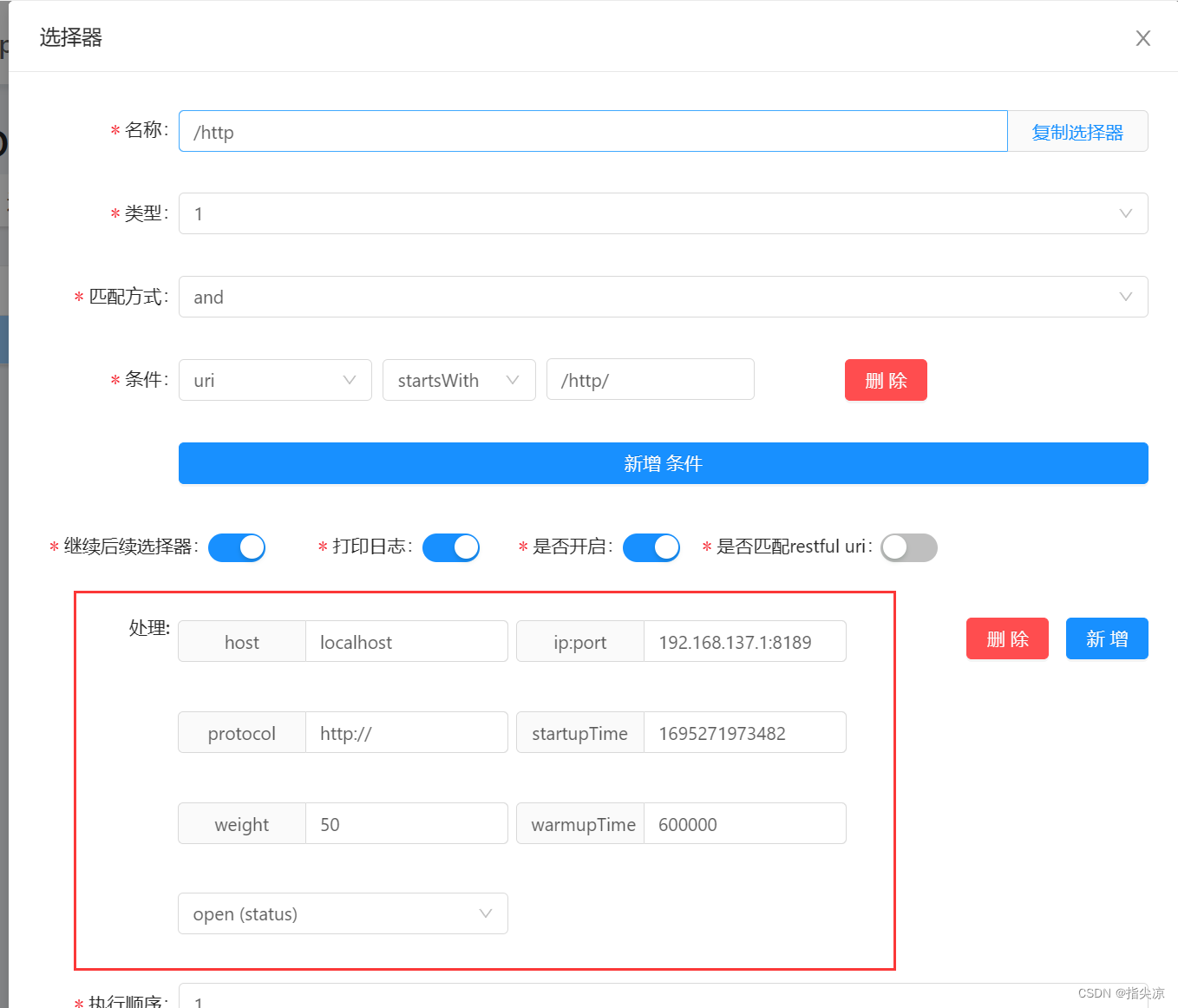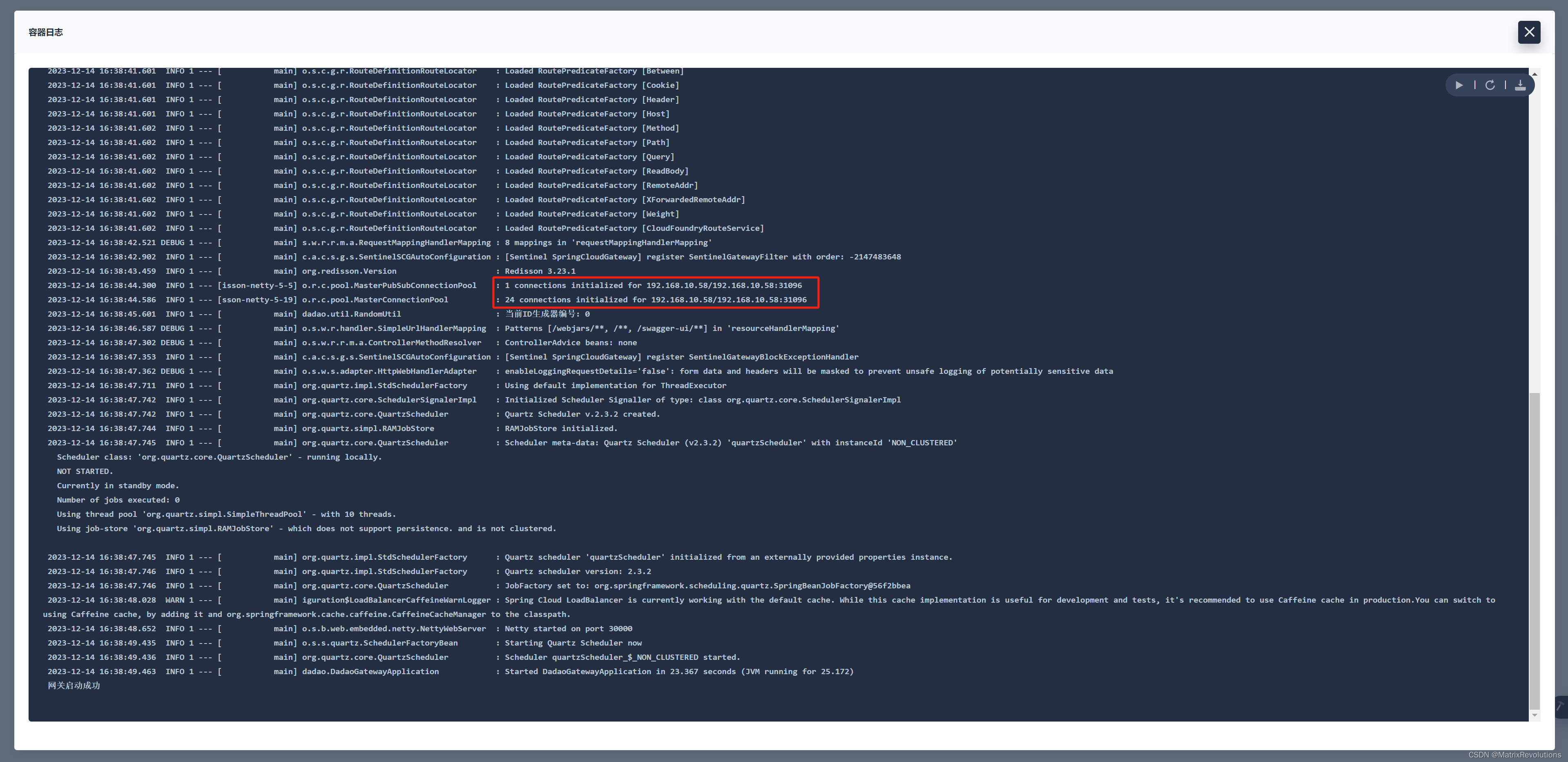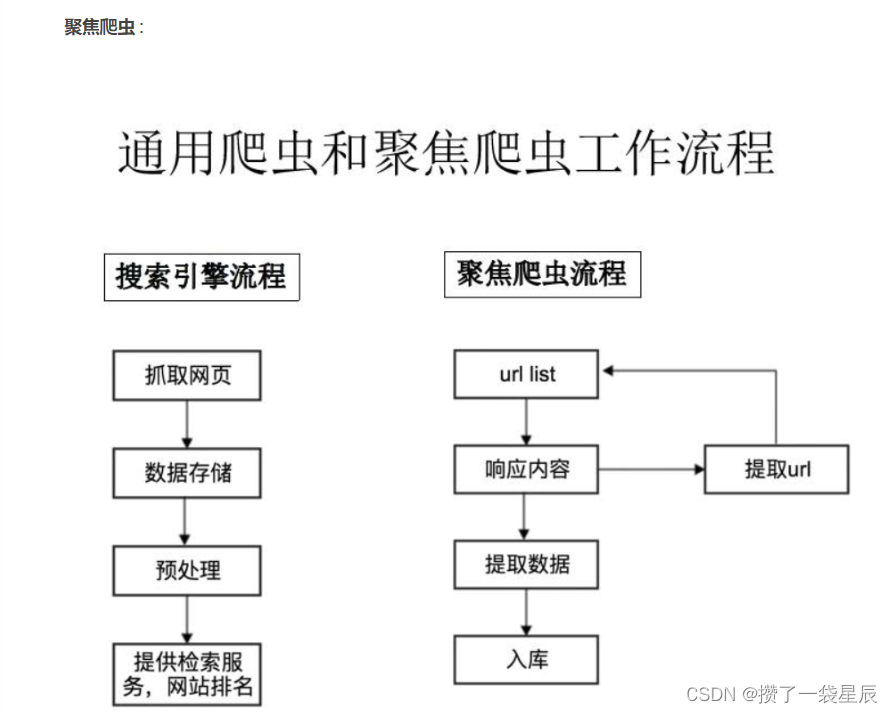上一节Springboot管理系统数据权限过滤——ruoyi实现方案对数据权限实现方案有了认识,本文将进一步优化权限过滤方案,实现对业务代码零入侵。
回顾上一章中权限方案:
- 主要是通过注解拦截,拼接好权限脚本后,放到对象变量里面,然后在SQL中拼接该变量;使业务代码被入侵了。
为了实现对业务零入侵,实则是在SQL编写的时候,希望通过框架实现权限脚本的自动拼接,而非人为添加。
本文权限控制需要达到的效果:
- 1.还是对组织进行权限控制;
- 2.去掉编写sql时拼接权限过滤参数;使权限代码0侵入;
步骤:
1. 搭建springboot框架,完成mybatisplus集成和swagger集成
pom.xml文件
<parent>
<groupId>org.springframework.boot</groupId>
<artifactId>spring-boot-starter-parent</artifactId>
<version>2.1.3.RELEASE</version>
<relativePath/>
</parent>
<dependencies>
<dependency>
<groupId>org.springframework.boot</groupId>
<artifactId>spring-boot-starter</artifactId>
</dependency>
<dependency>
<groupId>org.springframework.boot</groupId>
<artifactId>spring-boot-starter-web</artifactId>
</dependency>
<!-- 方便等会写单元测试 -->
<dependency>
<groupId>org.springframework.boot</groupId>
<artifactId>spring-boot-starter-test</artifactId>
<scope>test</scope>
</dependency>
<!-- 实现对数据库连接池的自动化配置 -->
<dependency>
<groupId>org.springframework.boot</groupId>
<artifactId>spring-boot-starter-jdbc</artifactId>
</dependency>
<dependency> <!-- 本示例,我们使用 MySQL -->
<groupId>mysql</groupId>
<artifactId>mysql-connector-java</artifactId>
<version>5.1.48</version>
</dependency>
<!-- 实现对 MyBatis 的自动化配置 -->
<dependency>
<groupId>org.mybatis.spring.boot</groupId>
<artifactId>mybatis-spring-boot-starter</artifactId>
<version>2.1.1</version>
</dependency>
<dependency>
<groupId>com.baomidou</groupId>
<artifactId>mybatis-plus-boot-starter</artifactId>
<version>3.5.3.2</version>
</dependency>
<dependency>
<groupId>junit</groupId>
<artifactId>junit</artifactId>
<version>4.12</version>
<scope>test</scope>
</dependency>
<!-- 引入 Swagger 依赖 -->
<dependency>
<groupId>io.springfox</groupId>
<artifactId>springfox-swagger2</artifactId>
<version>2.9.2</version>
</dependency>
<!-- 引入 Swagger UI 依赖,以实现 API 接口的 UI 界面 -->
<dependency>
<groupId>io.springfox</groupId>
<artifactId>springfox-swagger-ui</artifactId>
<version>2.9.2</version>
</dependency>
</dependencies>
application.yaml
spring:
# datasource 数据源配置内容
datasource:
url: jdbc:mysql://127.0.0.1:3306/test_users?useSSL=false&useUnicode=true&characterEncoding=UTF-8
driver-class-name: com.mysql.jdbc.Driver
username: root
password: 123456
# mybatis-plus 配置内容
mybatis-plus:
configuration:
map-underscore-to-camel-case: true # 虽然默认为 true ,但是还是显示去指定下。
global-config:
db-config:
id-type: auto # ID 主键自增
logic-delete-value: 1 # 逻辑已删除值(默认为 1)
logic-not-delete-value: 0 # 逻辑未删除值(默认为 0)
mapper-locations: classpath*:mapper/*.xml
type-aliases-package: com.luo.chengrui.labs.lab02.dataobject # 配置数据库实体包路径
# logging
logging:
level:
# dao 开启 debug 模式 mybatis 输入 sql
com:
luo:
chengrui:
labs: debug
UserDao.java
package com.luo.chengrui.labs.lab02.dataobject;
import com.baomidou.mybatisplus.annotation.TableName;
import lombok.Data;
import lombok.experimental.Accessors;
import java.util.Date;
/**
* @author
* @version 1.0.0
* @description
* @createTime 2023/07/20
*/
@Data
@Accessors(chain = true)
@TableName(value = "users")
public class UserDO {
/**
* 用户编号
*/
private Long id;
/**
* 账号
*/
private String username;
/**
* 密码(明文)
* <p>
* ps:生产环境下,千万不要明文噢
*/
private String password;
/**
* 创建时间
*/
private Date createTime;
}
UserMapper.java
package com.luo.chengrui.labs.lab02.mapper;
import com.luo.chengrui.labs.lab02.dataobject.UserDO;
import org.apache.ibatis.annotations.Mapper;
import org.apache.ibatis.annotations.Param;
import java.util.List;
@Mapper
public interface UserMapper {
UserDO selectById(@Param("id") Integer id);
List<UserDO> selectList();
}
UserMapper.xml
<?xml version="1.0" encoding="UTF-8"?>
<!DOCTYPE mapper PUBLIC "-//mybatis.org//DTD Mapper 3.0//EN" "http://mybatis.org/dtd/mybatis-3-mapper.dtd">
<mapper namespace="com.luo.chengrui.labs.lab02.mapper.UserMapper">
<sql id="FIELDS">
id
, username
</sql>
<select id="selectById" parameterType="Integer" resultType="UserDO">
SELECT
<include refid="FIELDS"/>
FROM users
WHERE id = #{id}
</select>
<select id="selectList" resultType="UserDo">
SELECT
<include refid="FIELDS"/>
FROM users
</select>
</mapper>
UserService.java
package com.luo.chengrui.labs.lab02.service;
import com.luo.chengrui.labs.lab02.annotation.DataScope;
import com.luo.chengrui.labs.lab02.dataobject.UserDO;
import com.luo.chengrui.labs.lab02.mapper.UserMapper;
import org.springframework.aop.framework.AopContext;
import org.springframework.beans.factory.annotation.Autowired;
import org.springframework.stereotype.Service;
import java.util.List;
/**
* @author
* @version 1.0.0
* @description
* @createTime 2023/07/21
*/
@Service
public class UserService {
@Autowired
private UserMapper userMapper;
private UserService self() {
return (UserService) AopContext.currentProxy();
}
/**
* 方法未使用 @Transactional 注解,不会开启事务。
* 对于 OrderMapper 和 UserMapper 的查询操作,分别使用其接口上的 @DS 注解,找到对应的数据源,执行操作。
* 这样一看,在未开启事务的情况下,我们已经能够自由的使用多数据源落。
*/
public void method() {
// 查询订单
UserDO user = userMapper.selectById(1);
System.out.println(user);
}
@DataScope
public void method01() {
// 查询订单
UserDO user = userMapper.selectById(1);
System.out.println(user);
}
@DataScope
public List<UserDO> selectList() {
return userMapper.selectList();
}
}
UserController.java
package com.luo.chengrui.labs.lab02.controller;
import com.luo.chengrui.labs.lab02.dataobject.UserDO;
import com.luo.chengrui.labs.lab02.service.UserService;
import io.swagger.annotations.Api;
import io.swagger.annotations.ApiOperation;
import org.springframework.beans.factory.annotation.Autowired;
import org.springframework.web.bind.annotation.GetMapping;
import org.springframework.web.bind.annotation.RequestMapping;
import org.springframework.web.bind.annotation.RestController;
import java.util.List;
/**
* @author
* @version 1.0.0
* @description
* @createTime 2023/07/17
*/
@RestController
@RequestMapping("/users")
@Api(tags = "用户 API 接口")
public class UserController {
@Autowired
UserService userService;
@GetMapping("/list")
@ApiOperation(value = "查询用户列表", notes = "目前仅仅是作为测试,所以返回用户全列表")
public List<UserDO> list() {
// 查询列表
List<UserDO> result = userService.selectList();
// 返回列表
return result;
}
}
SwaggerConfiguration.java
package com.luo.chengrui.labs.lab02.config;
import org.springframework.context.annotation.Bean;
import org.springframework.context.annotation.Configuration;
import springfox.documentation.builders.ApiInfoBuilder;
import springfox.documentation.builders.PathSelectors;
import springfox.documentation.builders.RequestHandlerSelectors;
import springfox.documentation.service.ApiInfo;
import springfox.documentation.service.Contact;
import springfox.documentation.spi.DocumentationType;
import springfox.documentation.spring.web.plugins.Docket;
import springfox.documentation.swagger2.annotations.EnableSwagger2;
/**
* 访问地址:/swagger-ui.html
* @author
* @version 1.0.0
* @description
* @createTime 2023/07/17
*/
@Configuration
@EnableSwagger2
public class SwaggerConfiguration {
@Bean
public Docket createRestApi() {
// 创建 Docket 对象
return new Docket(DocumentationType.SWAGGER_2) // 文档类型,使用 Swagger2
.apiInfo(this.apiInfo()) // 设置 API 信息
// 扫描 Controller 包路径,获得 API 接口
.select()
.apis(RequestHandlerSelectors.basePackage("com.luo.chengrui.labs.lab02.controller"))
.paths(PathSelectors.any())
// 构建出 Docket 对象
.build();
}
/**
* 创建 API 信息
*/
private ApiInfo apiInfo() {
return new ApiInfoBuilder()
.title("测试接口文档示例")
.description("我是一段描述")
.version("1.0.0") // 版本号
.contact(new Contact("芋艿", "http://www.iocoder.cn", "zhijiantianya@gmail.com")) // 联系人
.build();
}
}
Lab0201Application.java
package com.luo.chengrui.labs.lab02;
import org.mybatis.spring.annotation.MapperScan;
import org.springframework.boot.SpringApplication;
import org.springframework.boot.autoconfigure.SpringBootApplication;
/**
* @author
* @version 1.0.0
* @description
* @createTime 2023/07/21
*/
@SpringBootApplication
@MapperScan(basePackages = "com.luo.chengrui.labs.lab02.mapper")
public class Lab0201Application {
public static void main(String[] args) {
SpringApplication.run(Lab0201Application.class, args);
}
}
到此完成框架搭建,访问:http://localhost:8080/swagger-ui.html,可看到以下页面即为成功。
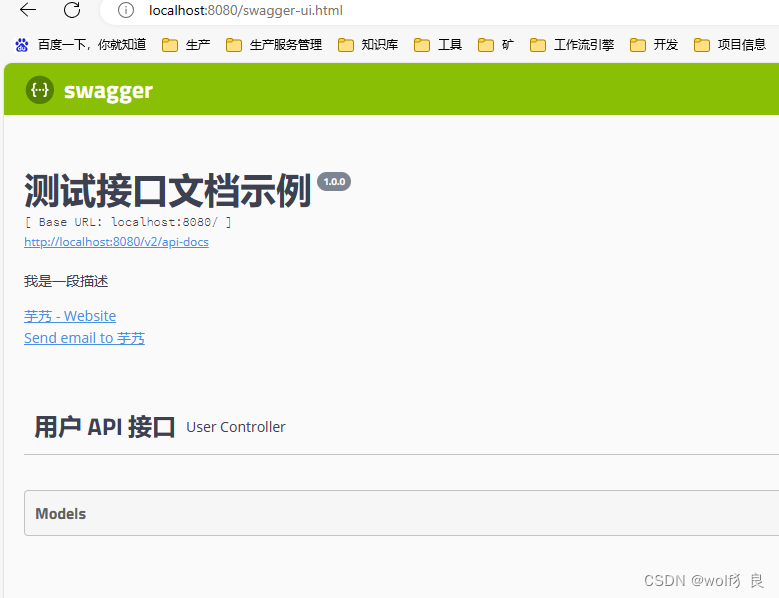
2. 配置sql拦截器
创建 DataPermissionDatabaseInterceptor.java 类,类中大部分代码是对sql的解析,对表名的解析,对where语句的解析,真正需要关注的逻辑只是少部分,本部分代码里暂未添加对权限的控制,在下一文章中添加。
该类继承JsqlParserSupport ,同时实现InnerInterceptor接口
- JsqlParserSupport 用于解析sql语句,可以对sql进行改造;方法有:processSelect、processUpdate、processDelete等;
- InnerInterceptor 在执行sql语句之前的拦截器,在JspParserSuport方法执行之前执行 。方法有:beforeQuery、beforeUpdate、beforePrepare等。
通过实现以上5个方法即可对sql进行改造。
package com.luo.chengrui.labs.lab02.datapermission;
import com.baomidou.mybatisplus.core.toolkit.CollectionUtils;
import com.baomidou.mybatisplus.core.toolkit.PluginUtils;
import com.baomidou.mybatisplus.extension.parser.JsqlParserSupport;
import com.baomidou.mybatisplus.extension.plugins.inner.InnerInterceptor;
import lombok.Getter;
import lombok.RequiredArgsConstructor;
import net.sf.jsqlparser.expression.*;
import net.sf.jsqlparser.expression.operators.conditional.AndExpression;
import net.sf.jsqlparser.expression.operators.conditional.OrExpression;
import net.sf.jsqlparser.expression.operators.relational.ExistsExpression;
import net.sf.jsqlparser.expression.operators.relational.ExpressionList;
import net.sf.jsqlparser.expression.operators.relational.InExpression;
import net.sf.jsqlparser.schema.Table;
import net.sf.jsqlparser.statement.delete.Delete;
import net.sf.jsqlparser.statement.select.*;
import net.sf.jsqlparser.statement.update.Update;
import org.apache.ibatis.executor.Executor;
import org.apache.ibatis.executor.statement.StatementHandler;
import org.apache.ibatis.mapping.BoundSql;
import org.apache.ibatis.mapping.MappedStatement;
import org.apache.ibatis.mapping.SqlCommandType;
import org.apache.ibatis.session.ResultHandler;
import org.apache.ibatis.session.RowBounds;
import java.sql.Connection;
import java.util.*;
import java.util.concurrent.ConcurrentHashMap;
import java.util.stream.Collectors;
/**
* 数据权限拦截器,通过 {@link } 数据权限规则,重写 SQL 的方式来实现
* 主要的 SQL 重写方法,可见 {@link #builderExpression(Expression, List)} 方法
* 主要是在执行SQL前拦截器,在执行之前可重写SQL
*
* @author 芋道源码
*/
@RequiredArgsConstructor
public class DataPermissionDatabaseInterceptor extends JsqlParserSupport implements InnerInterceptor {
private static final String MYSQL_ESCAPE_CHARACTER = "`";
@Override // SELECT 场景
public void beforeQuery(Executor executor, MappedStatement ms, Object parameter, RowBounds rowBounds, ResultHandler resultHandler, BoundSql boundSql) {
PluginUtils.MPBoundSql mpBs = PluginUtils.mpBoundSql(boundSql);
try {
// 初始化上下文
// 处理 SQL
mpBs.sql(parserSingle(mpBs.sql(), null));
} finally {
}
}
@Override // 只处理 UPDATE / DELETE 场景,不处理 INSERT 场景(因为 INSERT 不需要数据权限)
public void beforePrepare(StatementHandler sh, Connection connection, Integer transactionTimeout) {
PluginUtils.MPStatementHandler mpSh = PluginUtils.mpStatementHandler(sh);
MappedStatement ms = mpSh.mappedStatement();
SqlCommandType sct = ms.getSqlCommandType();
if (sct == SqlCommandType.UPDATE || sct == SqlCommandType.DELETE) {
// 获得 Mapper 对应的数据权限的规则
PluginUtils.MPBoundSql mpBs = mpSh.mPBoundSql();
try {
// 初始化上下文
// 处理 SQL
mpBs.sql(parserMulti(mpBs.sql(), null));
} finally {
}
}
}
@Override
protected void processSelect(Select select, int index, String sql, Object obj) {
processSelectBody(select.getSelectBody());
List<WithItem> withItemsList = select.getWithItemsList();
if (!CollectionUtils.isEmpty(withItemsList)) {
withItemsList.forEach(this::processSelectBody);
}
}
/**
* update 语句处理
*/
@Override
protected void processUpdate(Update update, int index, String sql, Object obj) {
final Table table = update.getTable();
update.setWhere(this.builderExpression(update.getWhere(), table));
}
/**
* delete 语句处理
*/
@Override
protected void processDelete(Delete delete, int index, String sql, Object obj) {
delete.setWhere(this.builderExpression(delete.getWhere(), delete.getTable()));
}
// ========== 和 TenantLineInnerInterceptor 一致的逻辑 ==========
protected void processSelectBody(SelectBody selectBody) {
if (selectBody == null) {
return;
}
if (selectBody instanceof PlainSelect) {
processPlainSelect((PlainSelect) selectBody);
} else if (selectBody instanceof WithItem) {
WithItem withItem = (WithItem) selectBody;
processSelectBody(withItem.getSubSelect().getSelectBody());
} else {
SetOperationList operationList = (SetOperationList) selectBody;
List<SelectBody> selectBodyList = operationList.getSelects();
if (CollectionUtils.isNotEmpty(selectBodyList)) {
selectBodyList.forEach(this::processSelectBody);
}
}
}
/**
* 处理 PlainSelect
*/
protected void processPlainSelect(PlainSelect plainSelect) {
//#3087 github
List<SelectItem> selectItems = plainSelect.getSelectItems();
if (CollectionUtils.isNotEmpty(selectItems)) {
selectItems.forEach(this::processSelectItem);
}
// 处理 where 中的子查询
Expression where = plainSelect.getWhere();
processWhereSubSelect(where);
// 处理 fromItem
FromItem fromItem = plainSelect.getFromItem();
List<Table> list = processFromItem(fromItem);
List<Table> mainTables = new ArrayList<>(list);
// 处理 join
List<Join> joins = plainSelect.getJoins();
if (CollectionUtils.isNotEmpty(joins)) {
mainTables = processJoins(mainTables, joins);
}
// 当有 mainTable 时,进行 where 条件追加
if (CollectionUtils.isNotEmpty(mainTables)) {
plainSelect.setWhere(builderExpression(where, mainTables));
}
}
private List<Table> processFromItem(FromItem fromItem) {
// 处理括号括起来的表达式
while (fromItem instanceof ParenthesisFromItem) {
fromItem = ((ParenthesisFromItem) fromItem).getFromItem();
}
List<Table> mainTables = new ArrayList<>();
// 无 join 时的处理逻辑
if (fromItem instanceof Table) {
Table fromTable = (Table) fromItem;
mainTables.add(fromTable);
} else if (fromItem instanceof SubJoin) {
// SubJoin 类型则还需要添加上 where 条件
List<Table> tables = processSubJoin((SubJoin) fromItem);
mainTables.addAll(tables);
} else {
// 处理下 fromItem
processOtherFromItem(fromItem);
}
return mainTables;
}
/**
* 处理where条件内的子查询
* <p>
* 支持如下:
* 1. in
* 2. =
* 3. >
* 4. <
* 5. >=
* 6. <=
* 7. <>
* 8. EXISTS
* 9. NOT EXISTS
* <p>
* 前提条件:
* 1. 子查询必须放在小括号中
* 2. 子查询一般放在比较操作符的右边
*
* @param where where 条件
*/
protected void processWhereSubSelect(Expression where) {
if (where == null) {
return;
}
if (where instanceof FromItem) {
processOtherFromItem((FromItem) where);
return;
}
if (where.toString().indexOf("SELECT") > 0) {
// 有子查询
if (where instanceof BinaryExpression) {
// 比较符号 , and , or , 等等
BinaryExpression expression = (BinaryExpression) where;
processWhereSubSelect(expression.getLeftExpression());
processWhereSubSelect(expression.getRightExpression());
} else if (where instanceof InExpression) {
// in
InExpression expression = (InExpression) where;
Expression inExpression = expression.getRightExpression();
if (inExpression instanceof SubSelect) {
processSelectBody(((SubSelect) inExpression).getSelectBody());
}
} else if (where instanceof ExistsExpression) {
// exists
ExistsExpression expression = (ExistsExpression) where;
processWhereSubSelect(expression.getRightExpression());
} else if (where instanceof NotExpression) {
// not exists
NotExpression expression = (NotExpression) where;
processWhereSubSelect(expression.getExpression());
} else if (where instanceof Parenthesis) {
Parenthesis expression = (Parenthesis) where;
processWhereSubSelect(expression.getExpression());
}
}
}
protected void processSelectItem(SelectItem selectItem) {
if (selectItem instanceof SelectExpressionItem) {
SelectExpressionItem selectExpressionItem = (SelectExpressionItem) selectItem;
if (selectExpressionItem.getExpression() instanceof SubSelect) {
processSelectBody(((SubSelect) selectExpressionItem.getExpression()).getSelectBody());
} else if (selectExpressionItem.getExpression() instanceof Function) {
processFunction((Function) selectExpressionItem.getExpression());
}
}
}
/**
* 处理函数
* <p>支持: 1. select fun(args..) 2. select fun1(fun2(args..),args..)<p>
* <p> fixed gitee pulls/141</p>
*
* @param function
*/
protected void processFunction(Function function) {
ExpressionList parameters = function.getParameters();
if (parameters != null) {
parameters.getExpressions().forEach(expression -> {
if (expression instanceof SubSelect) {
processSelectBody(((SubSelect) expression).getSelectBody());
} else if (expression instanceof Function) {
processFunction((Function) expression);
}
});
}
}
/**
* 处理子查询等
*/
protected void processOtherFromItem(FromItem fromItem) {
// 去除括号
while (fromItem instanceof ParenthesisFromItem) {
fromItem = ((ParenthesisFromItem) fromItem).getFromItem();
}
if (fromItem instanceof SubSelect) {
SubSelect subSelect = (SubSelect) fromItem;
if (subSelect.getSelectBody() != null) {
processSelectBody(subSelect.getSelectBody());
}
} else if (fromItem instanceof ValuesList) {
logger.debug("Perform a subQuery, if you do not give us feedback");
} else if (fromItem instanceof LateralSubSelect) {
LateralSubSelect lateralSubSelect = (LateralSubSelect) fromItem;
if (lateralSubSelect.getSubSelect() != null) {
SubSelect subSelect = lateralSubSelect.getSubSelect();
if (subSelect.getSelectBody() != null) {
processSelectBody(subSelect.getSelectBody());
}
}
}
}
/**
* 处理 sub join
*
* @param subJoin subJoin
* @return Table subJoin 中的主表
*/
private List<Table> processSubJoin(SubJoin subJoin) {
List<Table> mainTables = new ArrayList<>();
if (subJoin.getJoinList() != null) {
List<Table> list = processFromItem(subJoin.getLeft());
mainTables.addAll(list);
mainTables = processJoins(mainTables, subJoin.getJoinList());
}
return mainTables;
}
/**
* 处理 joins
*
* @param mainTables 可以为 null
* @param joins join 集合
* @return List<Table> 右连接查询的 Table 列表
*/
private List<Table> processJoins(List<Table> mainTables, List<Join> joins) {
// join 表达式中最终的主表
Table mainTable = null;
// 当前 join 的左表
Table leftTable = null;
if (mainTables == null) {
mainTables = new ArrayList<>();
} else if (mainTables.size() == 1) {
mainTable = mainTables.get(0);
leftTable = mainTable;
}
//对于 on 表达式写在最后的 join,需要记录下前面多个 on 的表名
Deque<List<Table>> onTableDeque = new LinkedList<>();
for (Join join : joins) {
// 处理 on 表达式
FromItem joinItem = join.getRightItem();
// 获取当前 join 的表,subJoint 可以看作是一张表
List<Table> joinTables = null;
if (joinItem instanceof Table) {
joinTables = new ArrayList<>();
joinTables.add((Table) joinItem);
} else if (joinItem instanceof SubJoin) {
joinTables = processSubJoin((SubJoin) joinItem);
}
if (joinTables != null) {
// 如果是隐式内连接
if (join.isSimple()) {
mainTables.addAll(joinTables);
continue;
}
// 当前表是否忽略
Table joinTable = joinTables.get(0);
List<Table> onTables = null;
// 如果不要忽略,且是右连接,则记录下当前表
if (join.isRight()) {
mainTable = joinTable;
if (leftTable != null) {
onTables = Collections.singletonList(leftTable);
}
} else if (join.isLeft()) {
onTables = Collections.singletonList(joinTable);
} else if (join.isInner()) {
if (mainTable == null) {
onTables = Collections.singletonList(joinTable);
} else {
onTables = Arrays.asList(mainTable, joinTable);
}
mainTable = null;
}
mainTables = new ArrayList<>();
if (mainTable != null) {
mainTables.add(mainTable);
}
// 获取 join 尾缀的 on 表达式列表
Collection<Expression> originOnExpressions = join.getOnExpressions();
// 正常 join on 表达式只有一个,立刻处理
if (originOnExpressions.size() == 1 && onTables != null) {
List<Expression> onExpressions = new LinkedList<>();
onExpressions.add(builderExpression(originOnExpressions.iterator().next(), onTables));
join.setOnExpressions(onExpressions);
leftTable = joinTable;
continue;
}
// 表名压栈,忽略的表压入 null,以便后续不处理
onTableDeque.push(onTables);
// 尾缀多个 on 表达式的时候统一处理
if (originOnExpressions.size() > 1) {
Collection<Expression> onExpressions = new LinkedList<>();
for (Expression originOnExpression : originOnExpressions) {
List<Table> currentTableList = onTableDeque.poll();
if (CollectionUtils.isEmpty(currentTableList)) {
onExpressions.add(originOnExpression);
} else {
onExpressions.add(builderExpression(originOnExpression, currentTableList));
}
}
join.setOnExpressions(onExpressions);
}
leftTable = joinTable;
} else {
processOtherFromItem(joinItem);
leftTable = null;
}
}
return mainTables;
}
/**
* 处理条件
*
* @param currentExpression 当前 where 条件
* @param table 单个表
*/
protected Expression builderExpression(Expression currentExpression, Table table) {
return this.builderExpression(currentExpression, Collections.singletonList(table));
}
/**
* 处理条件
*
* @param currentExpression 当前 where 条件
* @param tables 多个表
*/
protected Expression builderExpression(Expression currentExpression, List<Table> tables) {
// 没有表需要处理直接返回
if (CollectionUtils.isEmpty(tables)) {
return currentExpression;
}
// 第一步,获得 Table 对应的数据权限条件
Expression dataPermissionExpression = null;
for (Table table : tables) {
// 构建每个表的权限 Expression 条件
Expression expression = buildDataPermissionExpression(table);
if (expression == null) {
continue;
}
// 合并到 dataPermissionExpression 中
dataPermissionExpression = dataPermissionExpression == null ? expression
: new AndExpression(dataPermissionExpression, expression);
}
// 第二步,合并多个 Expression 条件
if (dataPermissionExpression == null) {
return currentExpression;
}
if (currentExpression == null) {
return dataPermissionExpression;
}
// ① 如果表达式为 Or,则需要 (currentExpression) AND dataPermissionExpression
if (currentExpression instanceof OrExpression) {
return new AndExpression(new Parenthesis(currentExpression), dataPermissionExpression);
}
// ② 如果表达式为 And,则直接返回 where AND dataPermissionExpression
return new AndExpression(currentExpression, dataPermissionExpression);
}
/**
* 构建指定表的数据权限的 Expression 过滤条件
*
* @param table 表
* @return Expression 过滤条件
*/
private Expression buildDataPermissionExpression(Table table) {
// 生成条件
Expression allExpression = null;
return allExpression;
}
}
拦截器定义好,下一步是将拦截器放置到mybatis的拦截器队列中。
定义一个公共的Configuration类:
DataPermissionConfiguration.java
@Configuration
public class DataPermissionConfiguration {
/** 将自定义拦截器,添加到mybatis拦截器队列中。让拦截器生效*/
@Bean
public MybatisPlusInterceptor mybatisPlusInterceptor(List<DataPermissionRule> dataPermissionRule) {
MybatisPlusInterceptor mybatisPlusInterceptor = new MybatisPlusInterceptor();
// 分页插件
// mybatisPlusInterceptor.addInnerInterceptor(new PaginationInnerInterceptor());
//添加权限拦截器。
DataPermissionDatabaseInterceptor inner = new DataPermissionDatabaseInterceptor();
List<InnerInterceptor> inners = new ArrayList<>(mybatisPlusInterceptor.getInterceptors());
inners.add(0, inner);
mybatisPlusInterceptor.setInterceptors(inners);
return mybatisPlusInterceptor;
}
}
完成上面配置后,每执行一个SQL都会被我们定义的拦截器。

